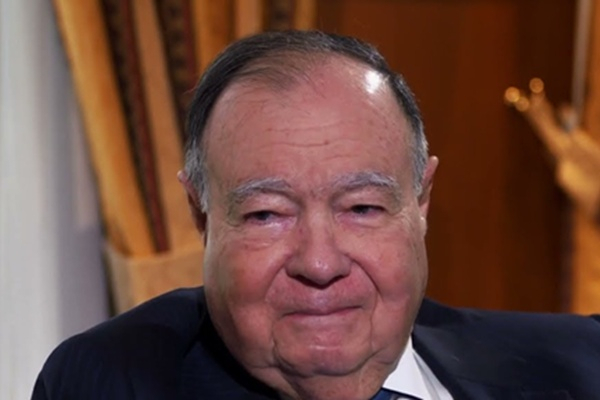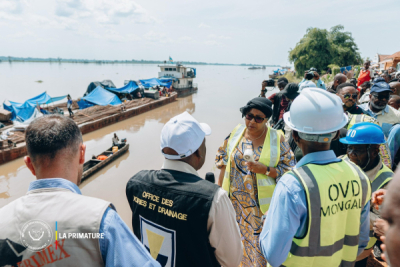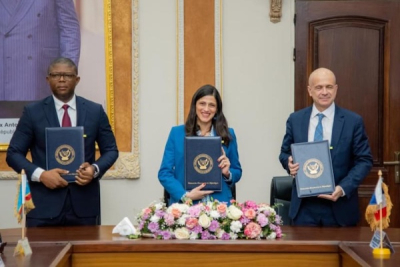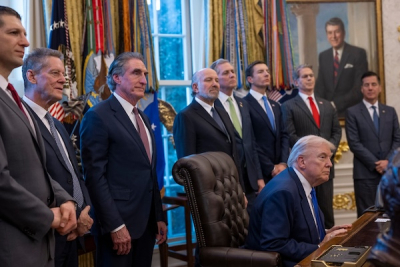George Arthur Forrest, the Belgian-born industrialist who has long been a towering figure in the Democratic Republic of Congo’s mining sector, has turned his attention to a new frontier: agriculture. At 85, Forrest has published a compelling new book, Africa Can Feed the World, released in March 2025 by Le Cherche midi and prefaced by former Senegalese President Macky Sall. The book is a clarion call against Africa’s persistent food dependency, highlighting the continent’s paradoxical reliance on $35 billion worth of imported food annually despite its vast, fertile lands.
On May 14, the book’s launch in Kinshasa drew the presence of President Félix Tshisekedi, underscoring the weight of Forrest’s message. The man who calls himself the “White Congolese” declared, “Because of its vital importance, agriculture is at the heart of life and must therefore be elevated as a priority in the definition and implementation of our public policies.”
Forrest’s advocacy extends beyond the capital. In Lubumbashi, his birthplace and the economic hub of Katanga province, he reiterated his message during the 9th Expobéton trade fair, which focused on urban development and economic corridors in southern DRC. While the event centered on infrastructure and business opportunities, Forrest emphasized agriculture as the key to food sovereignty, reduced import dependence, and economic growth.
The Democratic Republic of Congo has exceptional agricultural assets: nearly 80 million hectares of arable land, a favorable climate, and an extensive hydrographic network. Yet the country heavily relies on imports to feed its population, with annual food imports estimated at $3 billion.
“Putting the Congo’s granary back inside.”
Forrest’s vision is clear: “Putting the Congo’s granary back inside.” He calls for reforming the business environment, particularly by amending the 2011 agricultural law that mandates 51% Congolese ownership in agricultural enterprises. He argues this requirement deters foreign investors and that removing it would restore confidence and make the country more attractive.
His ambition is to launch a new agricultural policy that ensures “Congo produces what it consumes and consumes what it produces.”
President Tshisekedi praised Forrest’s contribution at the vernissage, calling the book “a kind of bible for those who are going to embark with us on this dream of making agriculture’s revenge on mining.”
Forrest’s shift from mining to agriculture marks a significant transition. In 2018, he ended the mining activities of Groupe Forrest International to focus on infrastructure, energy, and agribusiness. This pivot took shape with the creation of GoCongo, an agribusiness holding company aimed at promoting food self-sufficiency in the DRC.
Today, GoCongo operates across multiple sectors, including cattle breeding with over 56,000 head of cattle, agri-food processing facilities producing cookies, flour, and meat products, and farms spanning thousands of hectares. This integrated approach reflects Forrest’s determination to build a complete value chain-from production to processing-to make a tangible contribution to the country’s food sovereignty.
This article was initially published in French by Timothée Manoke (intern)
Edited in English by Ola Schad Akinocho










